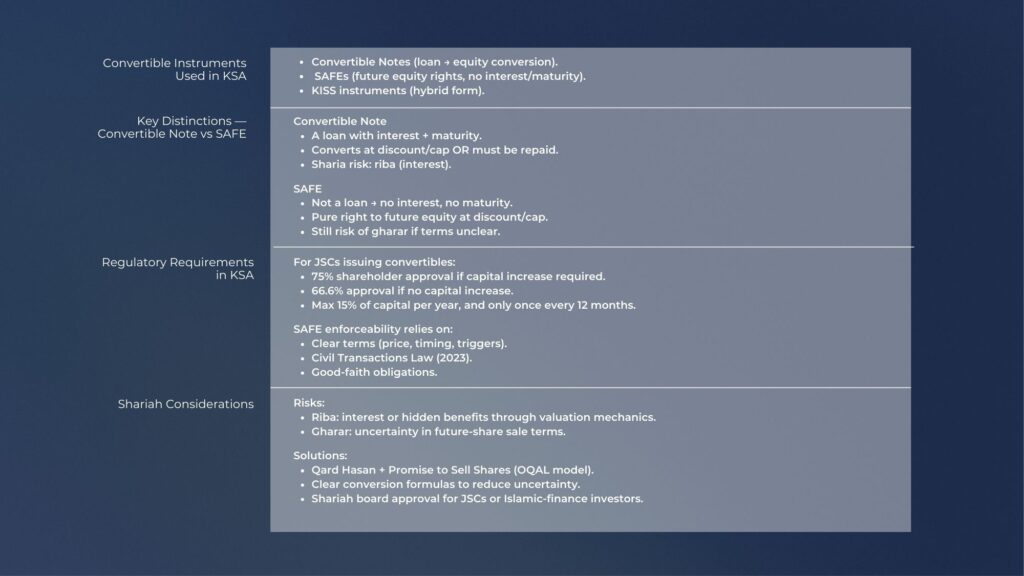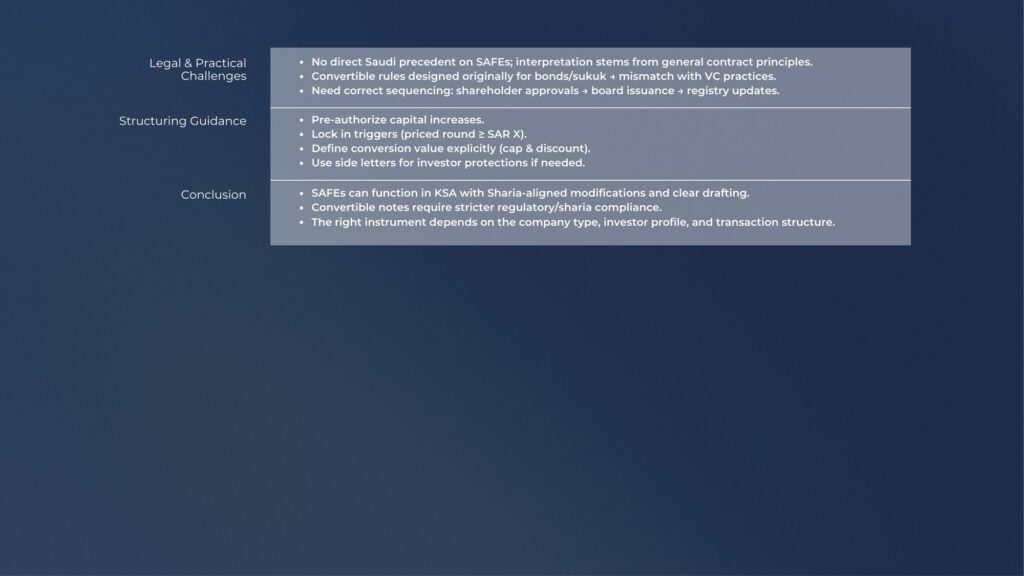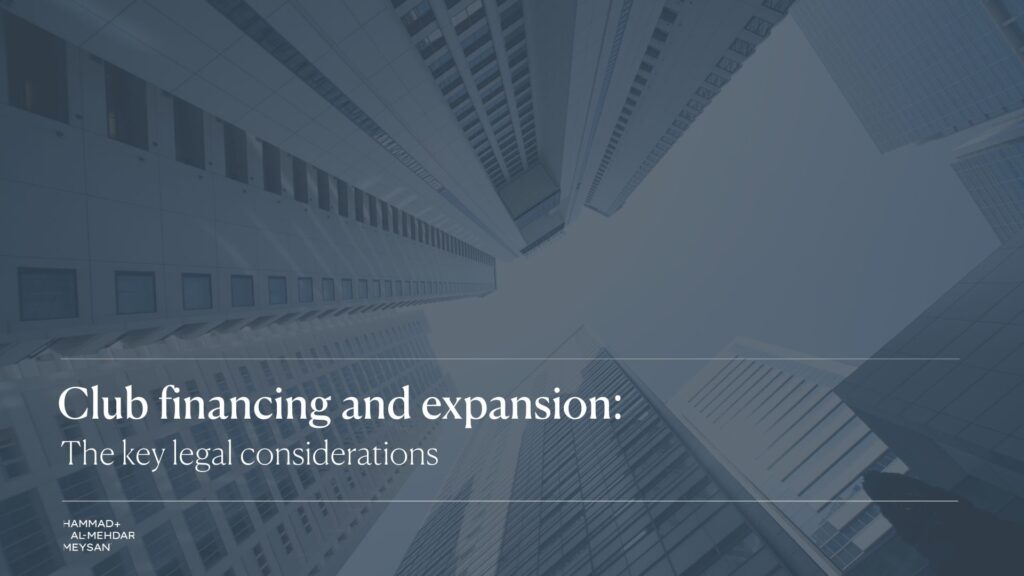Saudi Arabia rapidly becomes one of the world’s most dynamic and strategically positioned investment destinations. As part of Vision 2030, the Kingdom continues to drive ambitious economic diversification by creating a fertile, regulated, and increasingly liberalised environment for foreign direct investment (FDI). From tech to green energy, logistics to entertainment, the opportunities are vast—but unlocking capital in Saudi Arabia requires more than ambition. It demands a clear grasp of the legal, regulatory, and cultural terrain shaping one of the Middle East’s most rapidly evolving markets.
The foundation of Saudi Arabia’s FDI policy lies in the Foreign Investment Law, first enacted in 2000 and subject to regular enhancements in line with the Kingdom’s economic reforms. The Ministry of Investment (MISA) remains the principal authority regulating and facilitating foreign investment. Through a digitalised and centralised portal, MISA has significantly streamlined the license approval process, making it easier for investors to navigate documentation, regulatory submissions, and sectoral approvals.
As of 2025, significant liberalisation has occurred across many sectors. The “Negative List,” which outlines restricted or prohibited sectors for foreign investors, has been substantially narrowed. Certain logistics services, consulting-related activities, and digital platforms previously subject to local ownership requirements are now open to 100% foreign ownership. However, sectors such as oil exploration, military manufacturing, and real estate in the holy cities of Mecca and Medina remain tightly restricted.
Saudi Arabia has also expanded its network of special economic zones (SEZs), with new zones launched in 2023 and 2024 specifically catering to clean tech, gaming, pharmaceuticals, and cloud services. These zones offer preferential tax regimes, reduced customs barriers, simplified employment regulations, and, in some cases, exemptions from Saudisation quotas, making them highly attractive hubs for capital deployment.
Licensing and Structuring Considerations
Foreign investors must obtain a foreign investment license from MISA before establishing operations. The application process includes submitting a business plan demonstrating financial viability, sectoral alignment with Vision 2030 priorities, and a clear implementation roadmap. Recent updates to MISA’s processes in 2024 have reduced processing timelines to as little as 10 working days for standard applications.
Once licensed, investors can choose among various corporate structures under the Companies Law, which was comprehensively revised in 2023 to promote transparency and investor protection. The Limited Liability Company (LLC) is the most common structure, offering operational flexibility and limited shareholder liability. The Joint Stock Company (JSC) model is more suitable for large-scale ventures or public listings, especially in capital-intensive sectors like healthcare, energy, and logistics. Additionally, foreign companies may register a branch office if they prefer not to form a separate legal entity.
Crucially, all companies must comply with the updated Ultimate Beneficial Ownership (UBO) disclosure requirements, now strictly enforced by the Ministry of Commerce and the Saudi Central Bank. These measures align with global anti-money laundering (AML) standards and are particularly relevant for foreign investors operating through holding structures or offshore vehicles.
Taxation, Employment and Saudisation Obligations
Saudi Arabia’s tax regime is well-defined and investor-focused. Foreign-owned entities are subject to a flat 20% corporate income tax, while mixed-ownership firms may also be liable for Zakat. The Zakat, Tax and Customs Authority (ZATCA) has introduced new VAT Implementing Regulations since April 2025 to tighten VAT grouping eligibility and curb abuse of input claims. These amendments were published in the Umm Al Qura Gazette (Issue No. 5082) and reflect ZATCA’s broader enforcement agenda.
Cross-border transactions are subject to withholding tax, which typically ranges from 5% to 15%, depending on the nature of the payment (e.g., royalties, dividends, or services) and the applicable double tax treaties. Transfer pricing regulations remain in place, and related-party transactions must be disclosed and benchmarked according to OECD standards.
On the labour front, companies must adhere to the Saudisation policy under the Nitaqat program. This requires a minimum percentage of Saudi nationals to be employed, with thresholds varying by industry and company size. New digital platforms such as Qiwa and Mudad have been introduced to monitor compliance, automate work permit issuance, and ensure real-time tracking of localisation performance. Non-compliance may result in fines, license suspension, or restrictions on visa processing.
Regulatory Risks and Contractual Protections
Foreign investors must navigate regulatory rules and the nuances of legal drafting and dispute resolution. Contracts must comply with Saudi law, incorporating Islamic principles in civil and commercial matters. Therefore, contract terms such as penalty clauses, interest provisions, and termination rights must be drafted with particular care and often require localisation.
The legal system increasingly supports dispute resolution through international arbitration. Saudi Arabia is a signatory to the New York Convention and enforces foreign arbitral awards. However, parties are encouraged to specify the governing law, arbitration rules (e.g. ICC, DIFC-LCIA, or SCCA), and seat of arbitration clearly in their contracts. In recent years, establishing specialised commercial courts and alternative dispute resolution mechanisms under the Saudi Centre for Commercial Arbitration has further strengthened investor confidence.
Intellectual Property and Technology Investments
As part of its shift to a knowledge economy, Saudi Arabia has overhauled its intellectual property regime. The Saudi Authority for Intellectual Property (SAIP) now offers digital IP registration services for trademarks, patents, and copyrights. The Kingdom’s commitment to TRIPS-compliance has increased enforcement of IP rights, and legal reforms in 2024 included fast-track protection for high-risk sectors such as software, AI, and life sciences.
This is particularly relevant for technology-driven investors entering sectors like fintech, e-commerce, healthtech, and software-as-a-service (SaaS), where intellectual capital is often the core value driver. Companies should ensure that all technology, content, and algorithms are adequately protected under local IP frameworks and that proper licensing or royalty structures are embedded in their business models.
Sectoral Trends and 2025 Investment Outlook
As of 2025, investor interest has shifted toward sectors aligned with long-term national priorities. In the renewable energy sector, mega-projects such as NEOM’s hydrogen city and Red Sea Wind Farm have opened significant equity and EPC investment opportunities. The healthcare sector is expanding rapidly, driven by government digital health initiatives, public-private partnerships, and increased insurance penetration.
Entertainment and tourism have become major growth areas following the liberalisation of the cultural sector, allowing foreign players to participate in sports, cinema, hospitality, and experiential travel initiatives. Meanwhile, digital infrastructure remains a top priority, with government-supported accelerators, data localisation requirements, and AI-driven innovation funds shaping the next wave of venture capital and strategic investment.
Strategic Recommendations for Investors
Foreign investors should prioritise robust legal and regulatory preparation to succeed in this high-potential but complex market. Partnering with Saudi entities through joint ventures or strategic alliances can offer commercial advantages and cultural legitimacy. However, investors must conduct thorough due diligence on potential partners, regulatory risks, and sector-specific licensing.
Engaging local legal counsel is essential not just for setup but also for contract localisation, employment law compliance, tax planning, and dispute management. Investors should also consider ESG reporting, as expectations are rising—even for privately held firms—around transparency, environmental impact, and governance standards.
Above all, Saudi Arabia rewards strategic patience. Market entry should be viewed not as a transactional exercise but as a long-term commitment to alignment with national development goals and a culturally grounded, compliant business model.
Unlocking capital in Saudi Arabia in 2025 is about more than capital deployment. It requires cultural fluency, legal precision, and strategic alignment with Vision 2030. For investors ready to engage deeply and locally, the Kingdom offers extraordinary opportunities across sectors, underpinned by one of the world’s most ambitious economic reform agendas.
As the regulatory environment matures and legal reforms continue, foreign investors who take a structured, compliant, and relationship-driven approach will be best positioned to generate returns and play a meaningful role in the Kingdom’s transformation.












